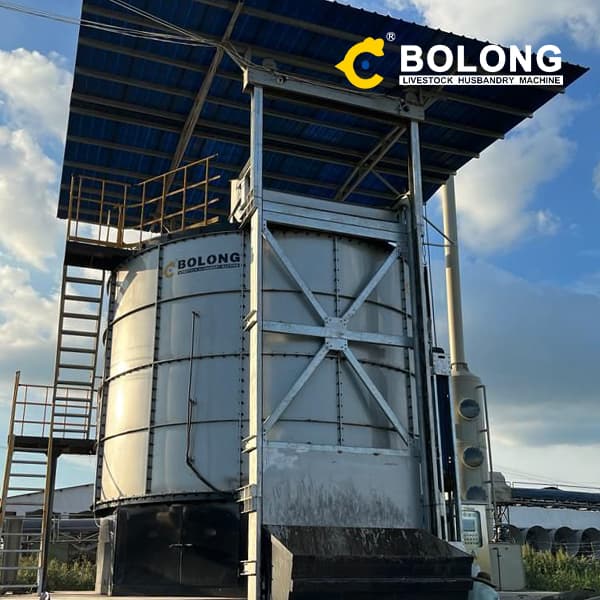
2024/1/9/ · Composting System Implementation Challenges: Successful implementation of a school composting program may face certain challenges. These can include student engagement and participation, securing necessary resources such as composting materials and tools, and managing odor and pest control. To overcome
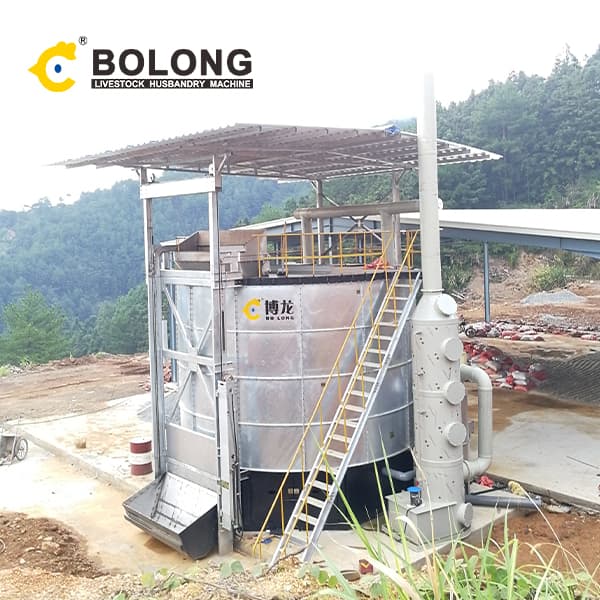
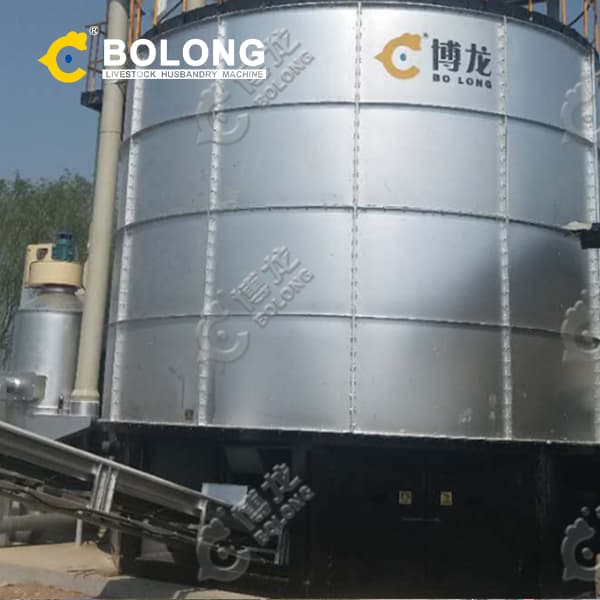
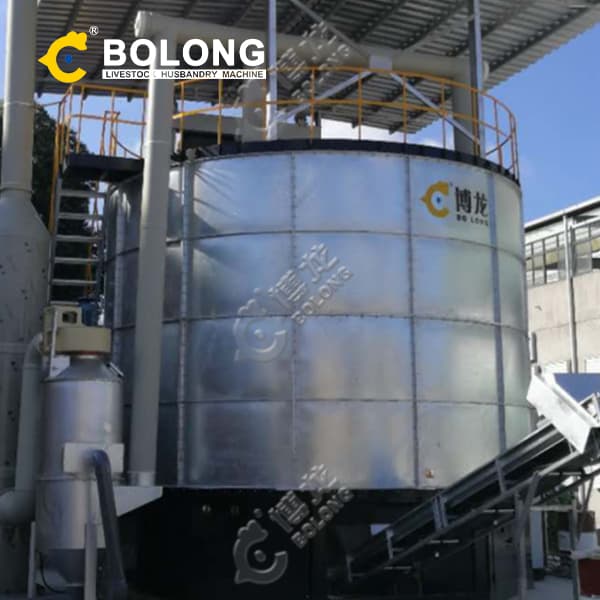
Composting is a good way to recycle organic wastes and turn them into organic fertilizer. In agriculture, windrow composting is the production of compost by piling organic matter or biodegradable waste in long rows (windrows). Then, you can turn the windrows by yourself or use windrow composting equipment to speed up the composting process.
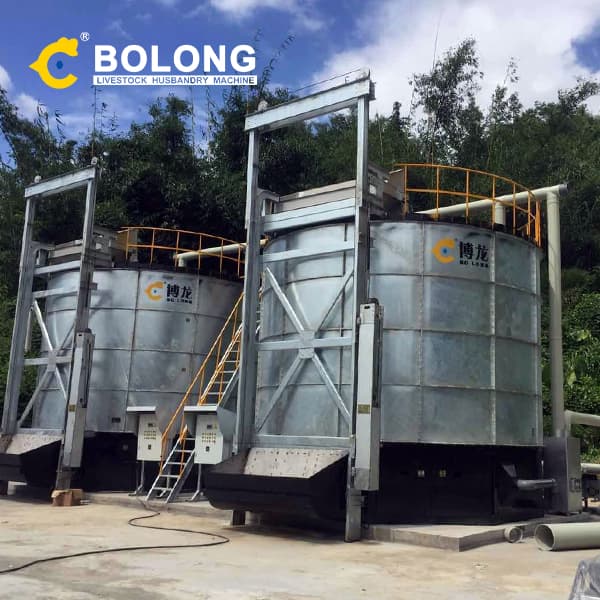
2022/12/4/ · Perfecting the large-scale composting process can be a science. It requires a good balance of ingredients, but it doesn’t have to be overwhelming. The primary strategy in composting is creating the correct ratios of carbon and nitrogen and having a good mix of materials. A good carbon-to-nitrogen ratio is considered 30:1.
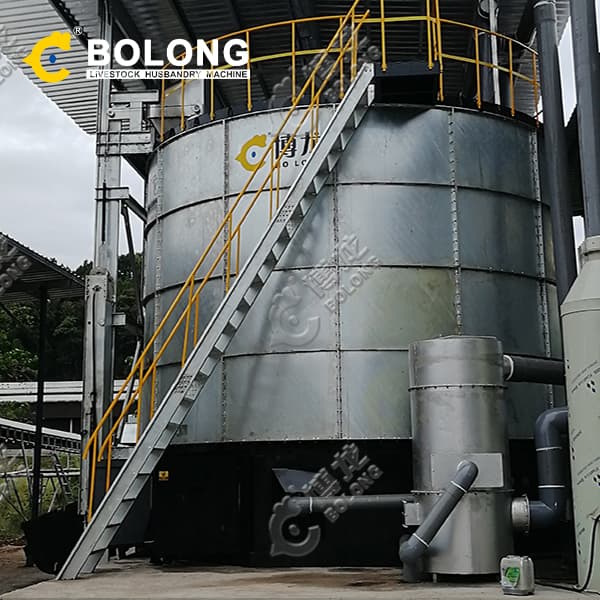
composting costs of around USD50/metric ton from a sample of 19 sites in the US, simultaneously pointing out that very few facilities receive any revenues from the sale of compost to offset operating costs. According to Wei et al (2001), the costs of building and operating ASP vary considerably between locations from USD1.5 million
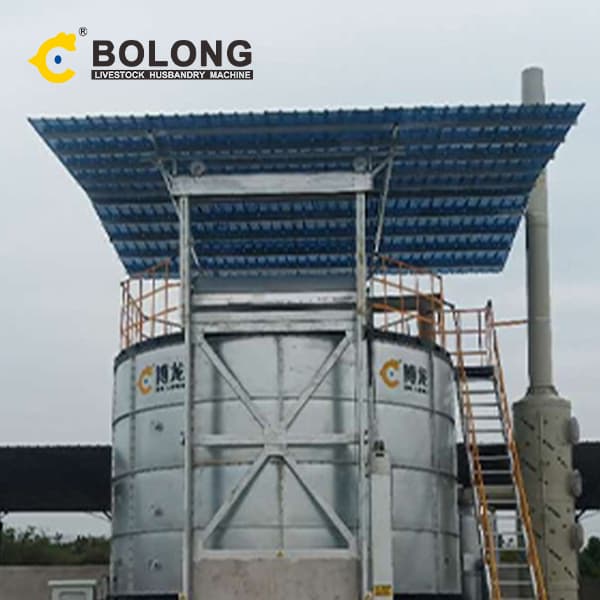
2020/7/10/ · Composting is considered as a sustainable strategy for organic waste management, yet the choice of suitable technology makes its sustainability disputable. The subject under investigation concerns the sustainability assessment of large-scale composting technologies using surrogate weights and PROMETHEE method. In this
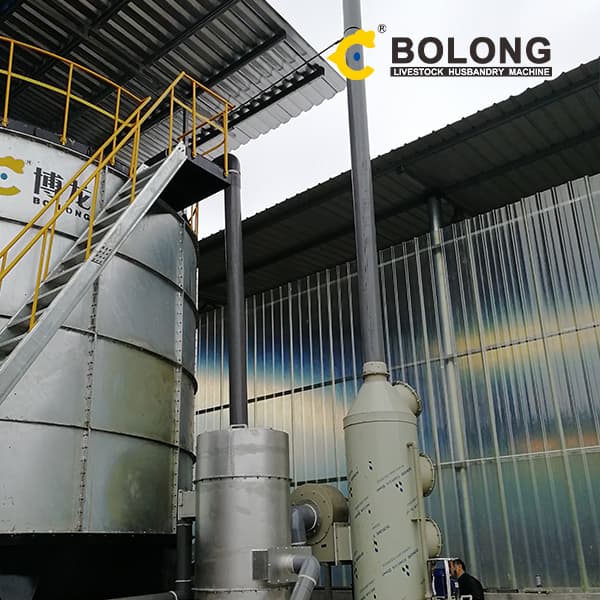
2022/6/30/ · The Earth Flow compost system in Waimanalo can process a mixture of about 1,000 pounds of organics per day. Courtesy: Raftography/2022. Though the natural process of turning organic matter into
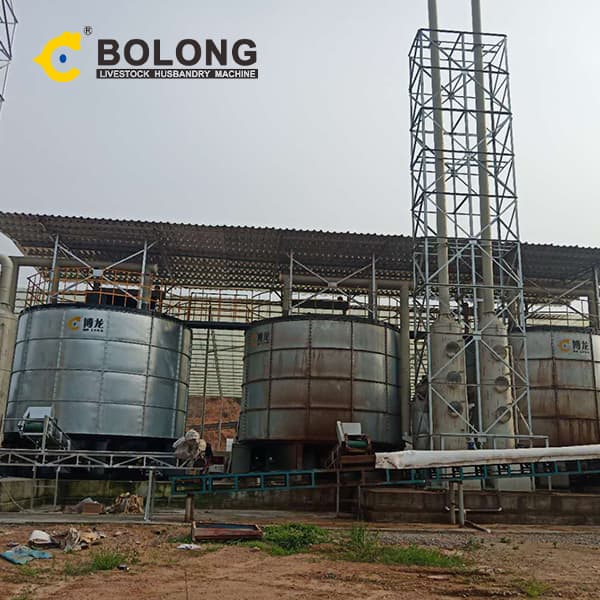
Composting is a sustainable waste management practice that converts any volume of accumulated organic waste into a usable product. When organic wastes are broken down by microorganisms in a heat-generating environment, waste volume is reduced, many harmful organisms are destroyed, and a useful, potentially marketable, product is produced.
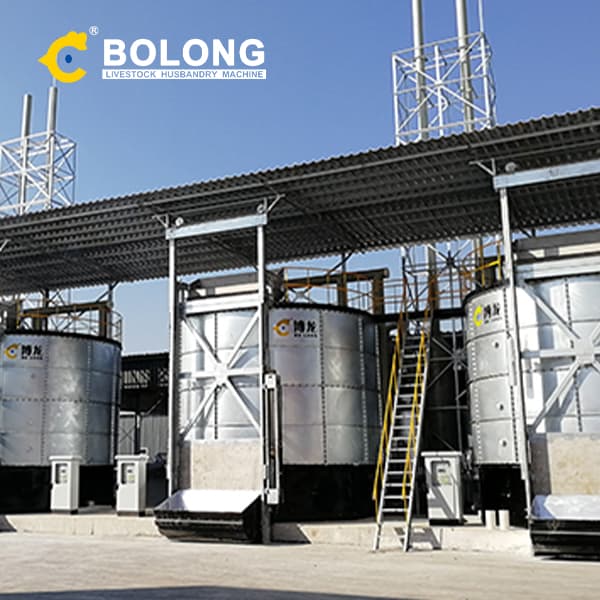

2 天之前 · Composting is the controlled, aerobic (oxygen-required) biological decomposition of organic materials by microorganisms. Organic (carbon-based) materials include grass clippings, leaves, yard and tree trimmings, food scraps, crop residues, animal manure and biosolids. Compost is a dark, crumbly, earthy-smelling, biologically-stable soil
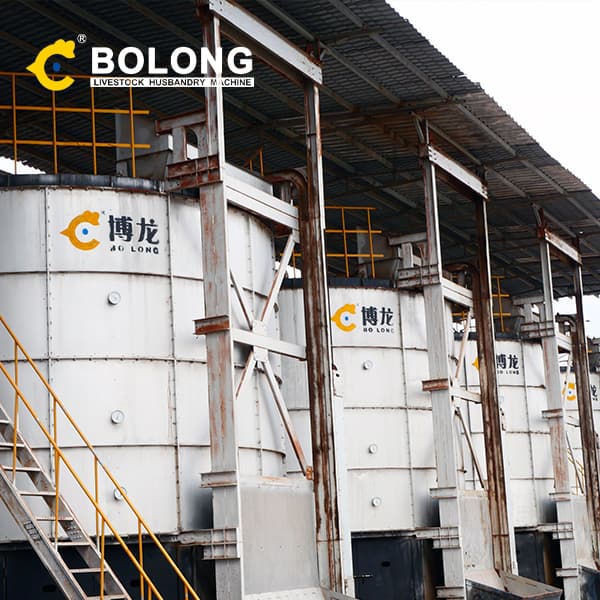
Horse manure is an excellent growth medium for composting worms, as has been discussed a number of times in previous newsletters. Even when relatively fresh it seems to be quite worm-friendly, as indicated by the rapid colonization of zones in a manure where new material was recently added (based on personal observations).

2019/3/9/ · Composting is one option for managing some types of waste in society, with some of the more common waste management options being landfill, recycling and incineration.. In this guide, we list the potential pros and cons of composting. Summary – Pros & Cons Of Composting. Potential Pros. A summary list of the potential pros
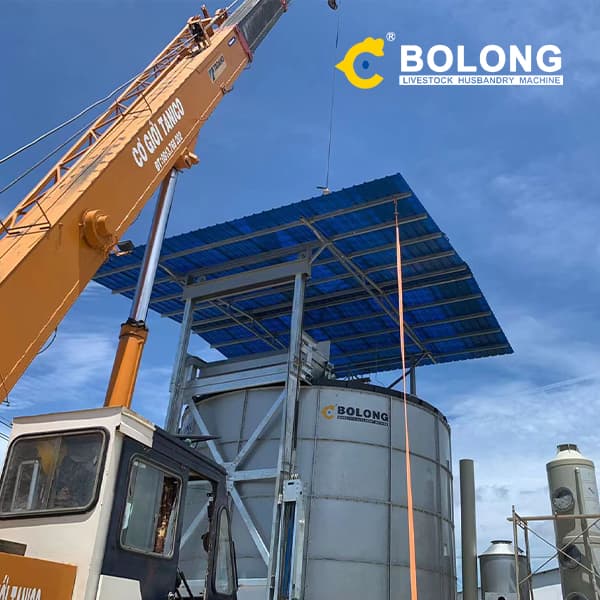
Blog ECS Staff 11/23/2021. Collectively, Engineered Compost Systems scientists and engineers have more than 120 years of experience successfully supporting large-scale composting systems. You could say we have the design, development, deployment, and maintenance of large-scale composting systems “down to a science.”.
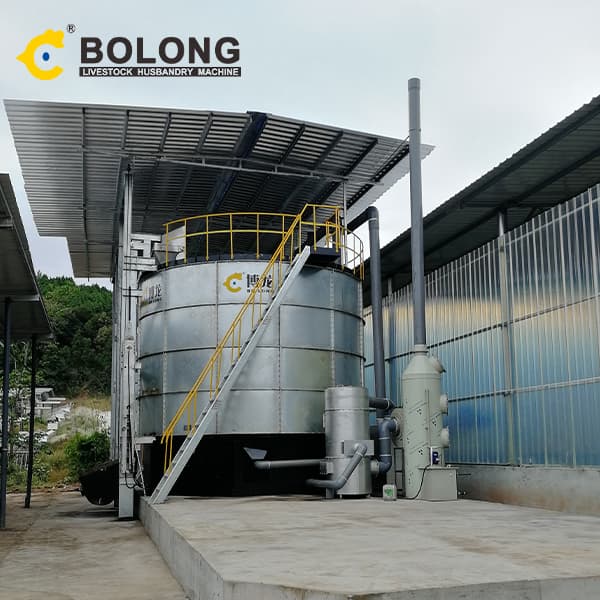
2020/1/1/ · In this chapter, we also evaluate that the sustainability analysis and economic feasibility of the composting industries depend on many factors such as FW quality, FW segregation and collection, potential of developing waste disposal solution, engineering, scale, quality of compost, and market demand. However, many advantages